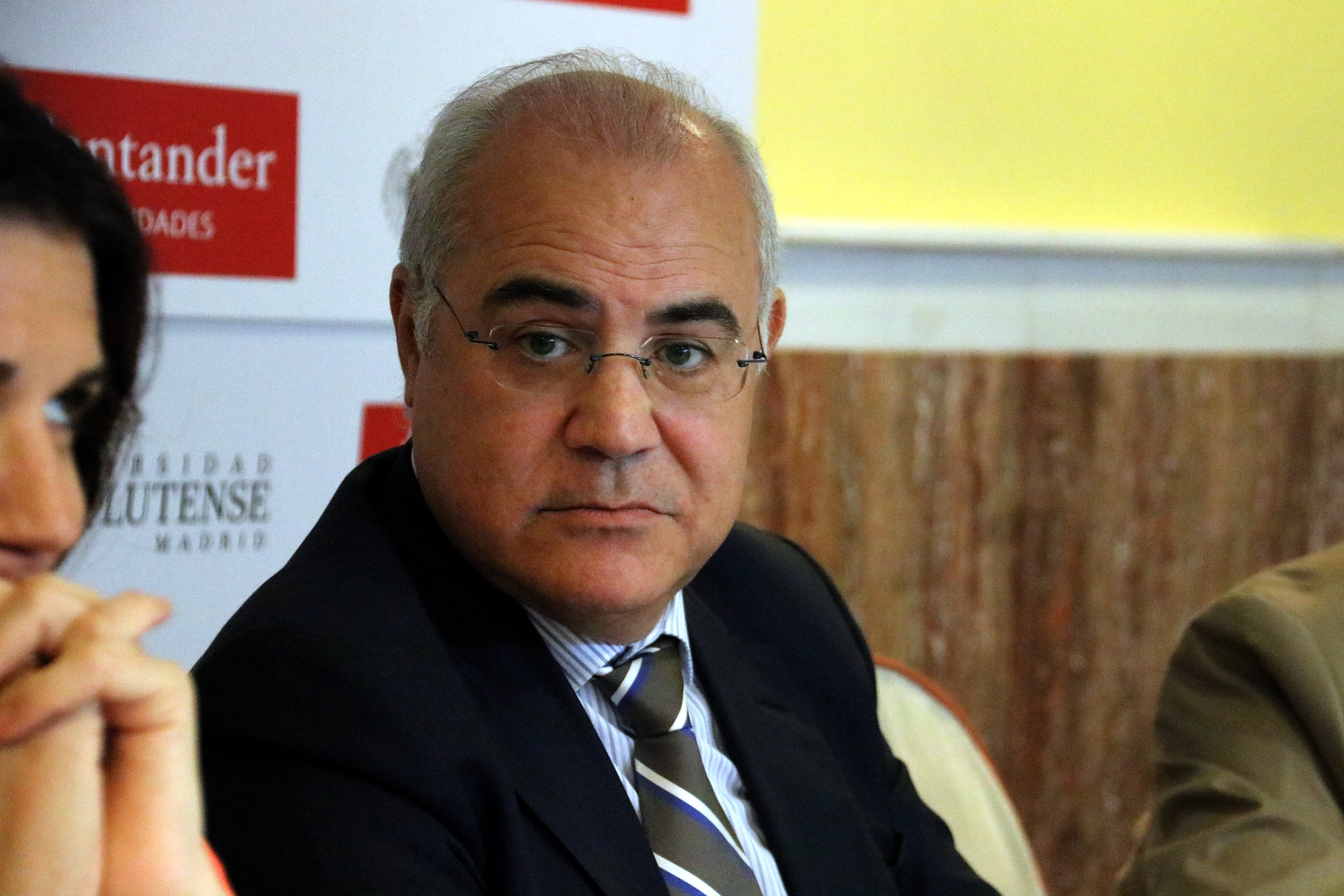Will the civil lawsuit being pursued by Carles Puigdemont against Spanish Supreme Court judge Pablo Llarena come to court? The Belgian civil court of first instance hearing the case lodged by the exiled Catalan president and other exiled Catalan politicians will rule in two months or "no later than April 24" on its competence to enter into the substance of the case or, if it is not clear, will ask the European Court of Justice (ECJ) to rule.
This was announced today by the court after hearing the two parties in a session that lasted almost five hours. Within the next two months, this court will decide whether it can bring the Spanish judge to trial in the civil case, or if doubt remains, will ask a preliminary question of the EU's high court to clarify competencies. The latter option is the one requested by the Puigdemont legal team.
The substance of the case centres on statements to the press made by Llarena about the Catalan pro-independence leaders' case, for which he is investigating judge, in February 2018, in the Spanish city of Oviedo, including a public positioning on "whether or not there are political prisoners in Spain". The Catalan exiles' defence team alleges that Llarena "violated EU law" in relation to the "freedom of expression, judicial procedures and the presumption of innocence" in the investigation phase for the Catalan independence case and this has affected the exiled politicians during the time they have been in Belgium.
Pablo Llarena's lawyer, Hakim Boularbah, accused Puigdemont and his fellow Catalan politicians of trying to "destabilize" the judge and "export the conflict" at today's hearing, asserting that his client has "immunity from state jurisdiction".
Christophe Marchand, lawyer for the Catalan politicians, rejected this claimed protection request. "Immunity from state jurisdiction cannot be applied in the common European justice space," he asserted.
If the Belgian court declares itself competent to judge the case, it will schedule another hearing to consider the merits of the case. Conversely, if it believes it cannot try a judge in another EU member state, it will dismiss the civil suit directly. Puigdemont and his former ministers could then ultimately appeal to Belgium's Cour de Cassation.
If the court chooses to raise a question in the Luxembourg court, it will have to wait for the ECJ's ruling on its jurisdiction to decide whether or not it will enter into the substance of the case.

